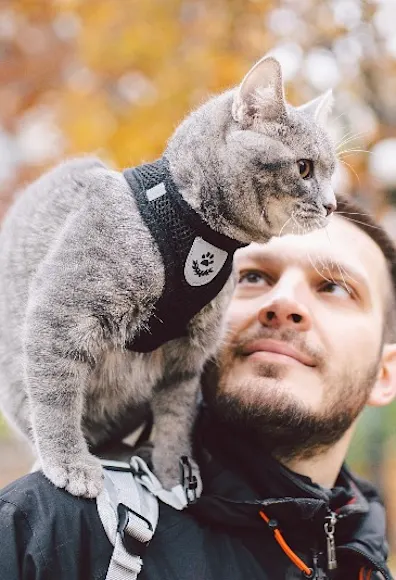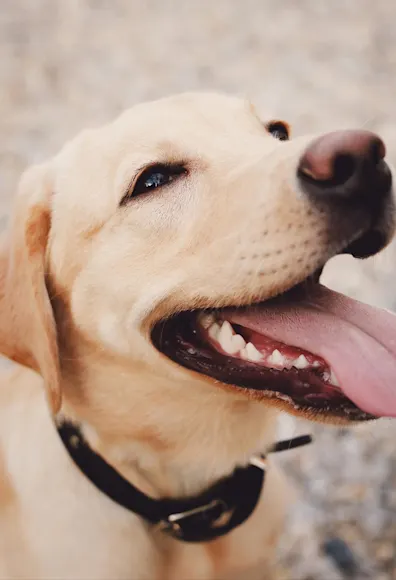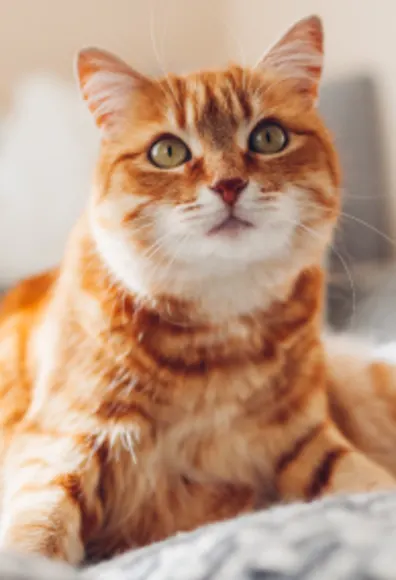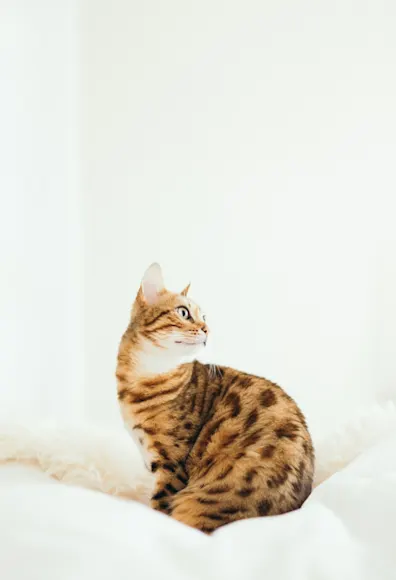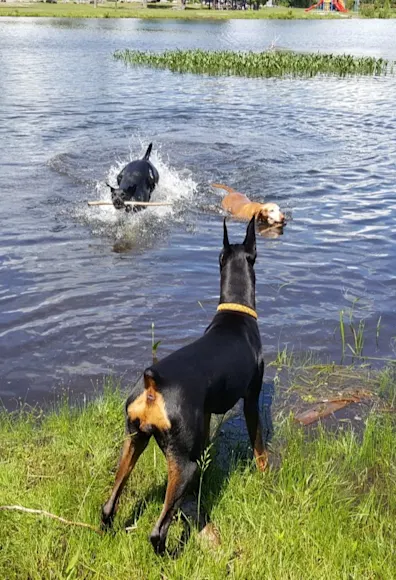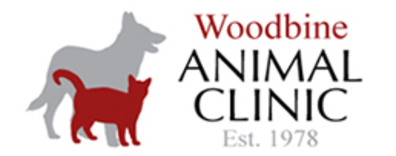Woodbine Animal Clinic
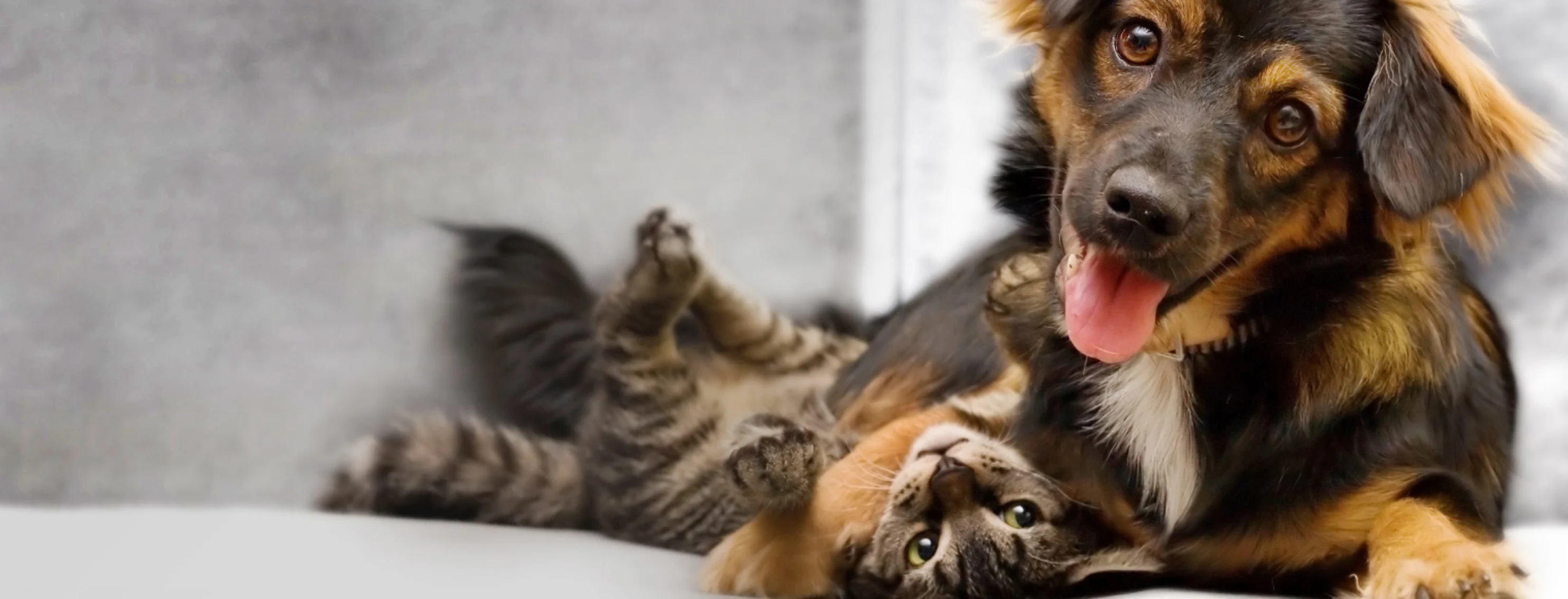
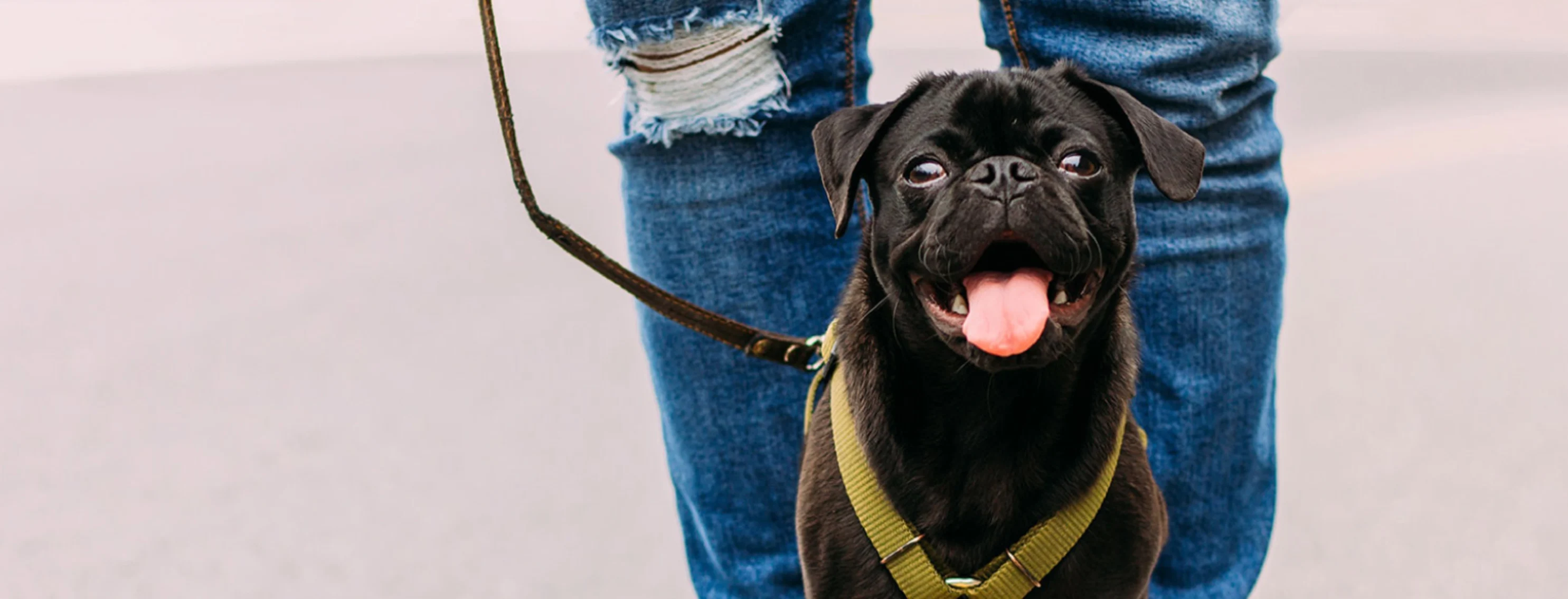
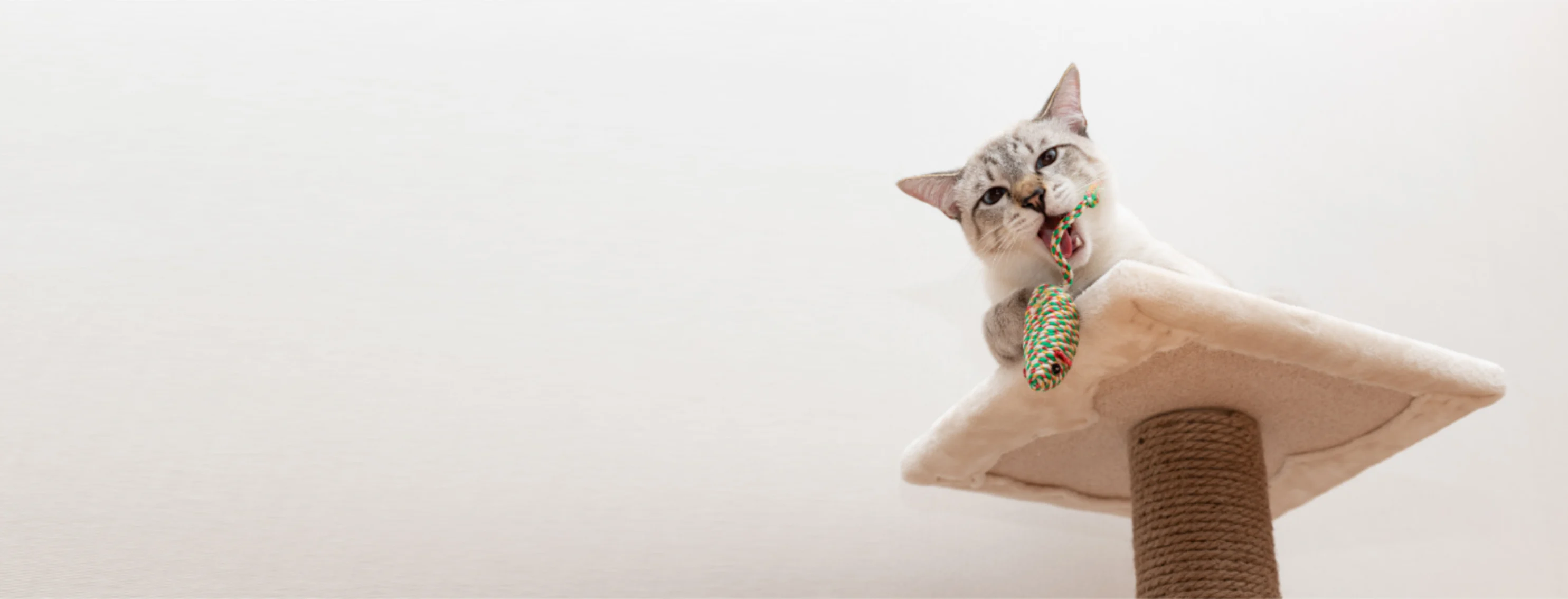
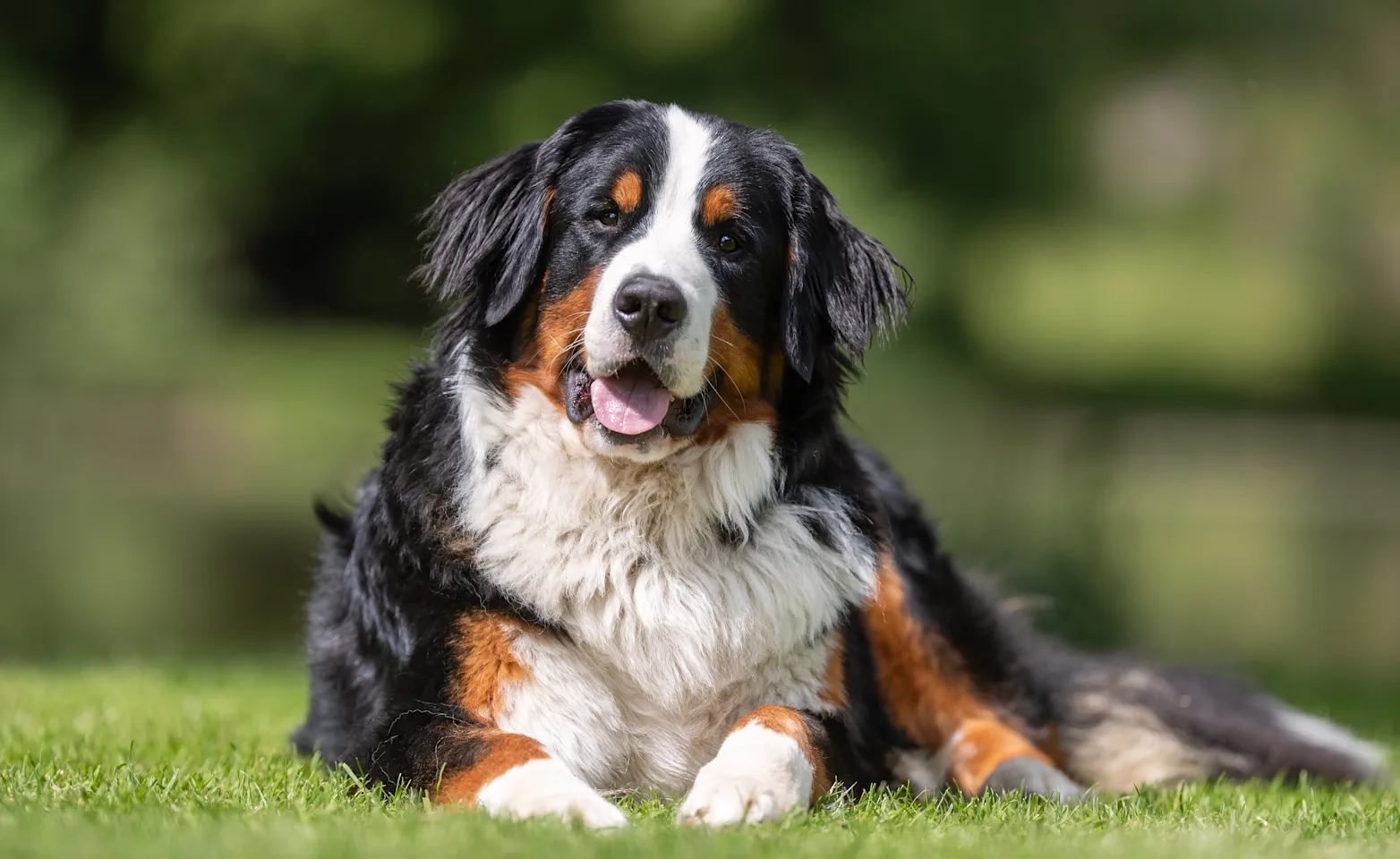
Why Choose Woodbine Animal Clinic?
We take pride in our contributions to the Toronto community since we first opened our doors in 1978. Our team has spent over 40 plus years dedicating our lives to keeping your best friends healthy through personalized care, customized billing, and tailored solutions. We treat all of the animals that come through our doors as though they were our own and take our clients unique situations into account when providing care for their pets.
